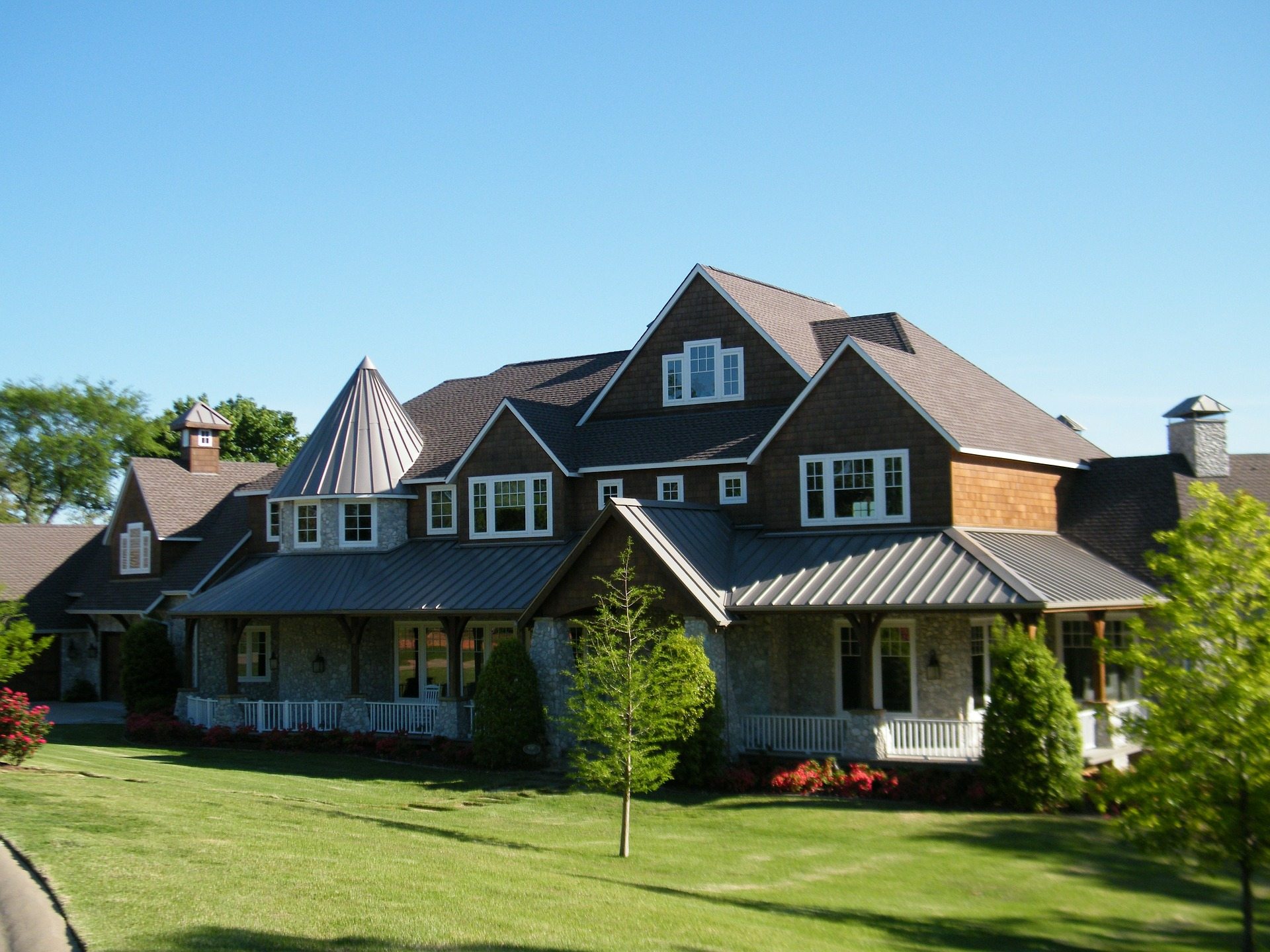
When many perspective buyers picture owning a second home, they are usually thinking about one of two things: the relative novelty of having a place away from the daily routine to relax and unwind, or the convenient passive income source that a solid rental property might provide while also serving as an additional long-term investment. The most overlooked benefit, however, are the compounded tax breaks associated with owning a second property.
If you are in the market for a second home, then you are most certainly aware of the annual tax deductions you are afforded as a home owner, such as:
Compound Mortgage Interest
When it comes to writing off your mortgage interest, the rules for taking a deduction remain the same for an additional home. In fact, you may write off as much as 100 percent of the interest you pay on up to $1 million of debt, which includes total debt taken on to pay for both homes, as well as any money spent on the property’s improvement.
Home Improvements
You may discover that the best way to enter the world of multiple homeownership is with the purchase of a “fixer-upper.” Should this be the case, and you choose to spend the off season making improvements to your new getaway destination, you may consider the fact that you can deduct the interest on a home equity loan or line of credit.
There are, however, a couple of exceptions. First off, there will be a limit on the amount you can deduct if the home equity loan on your main or second home is more than $50,000 if filing single, or $100,000 if married or filing jointly. Second, the amount you can deduct has a limit if the mortgage is more than the fair market value of the home.
Property Taxes
You can also deduct your second home’s property taxes, which are based on the assessed value of the home. Moreover, as opposed to the mortgage interest tax deduction, there are no limits on the dollar amount of real estate taxes that can be deducted on any number of homes owned by the taxpayer.
Becoming a Landlord
Here’s the good news for aspiring landlords: if you rent out your second home for 14 days or less over the course of a year, that rental income is tax-free—and there’s no limit to what you can charge per day or week with respects to the tax break.
Time to Sell?
So, you find yourself with a far-off hideaway that you’re lucky to visit a couple of times a year. Or on the other hand, your vacation home is just a quick drive away, and you spend every possible moment there. If it’s the latter is true, and you’re unsure which of your homes is your primary residence and which is the second home—now is the time to work that out.
Distinguishing between the two can have major tax implications when it comes time to sell. This is because a capital gain of up to $250,000 (or $500,000 for taxpayers who are married/joint filers) on the sale of the principal residence may be excluded from taxable income.
Your principal, or primary residence, is the home you occupied most frequently during the five years prior to the sale. But other factors such as your job’s location, voter registration address and banking location may also factor in. Among other requirements, you must own and use that principal residence for at least two of the five years before the home is sold.
Naturally, this isn’t tax advice; we recommend you talk to a tax professional about your specific situation if you’re interested in buying a second home in Aspen or any of the surrounding communities.
Are You Buying a Home in Aspen?
Call us at 970-429-8275 or get in touch with us online to tell us what you want from your next home. We’ll begin searching Aspen real estate listings right away.
While you’re here, you can also browse our:
- Basalt real estate listings
- Carbondale real estate listings
- Snowmass real estate listings
- Woody Creek real estate listings














